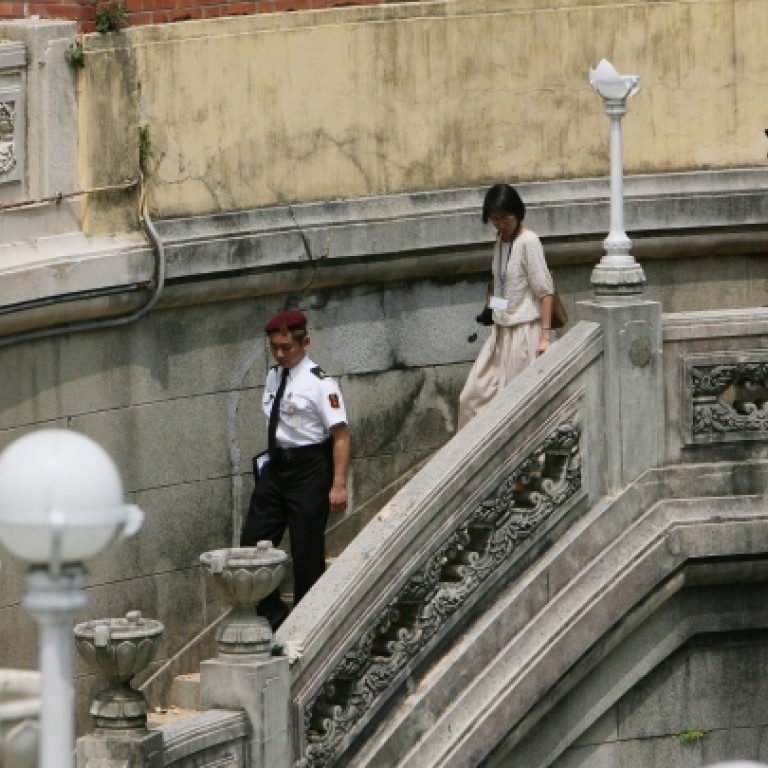
Conservation policy undermined by weak laws
It was recently reported that the owner of No 27 Lugard Road had made an application to the Town Planning Board for change of use.
During the consultation period, the board received a number of objections. As revealed in the planning application, the owner proposed an adaptive reuse of the existing house which was built in 1916 as a heritage hotel.
The fate of No 27 Lugard Road is still an unknown. To me, the significance of the case is not the outcome of the application, but the reflection of the inadequacy of the present conservation policy and legislation.
In Hong Kong, the principal piece of conservation legislation is the Antiquities and Monuments Ordinance. Like its name, the ordinance is a kind of antique. It was enacted in 1976 with only minor amendments since then.
Under the ordinance, the secretary for development is empowered to declare a property as either a proposed monument or a monument.
The ordinance allows the owner or any lawful occupier of the property to object to the declaration and the Chief Executive in Council has the final say on the objection.
However, the ordinance is silent on the criteria for declaring a property a monument, the basis for objections to be lodged by owners or occupiers, and considerations for the chief executive in reviewing the objections lodged by owners.
Although it empowers the government to grant funds to owners to carry out works to monuments, the application requirements are not clearly set out. The ordinance further ties the hands of the government by providing that the said funds must be from money approved from time to time by the Legislative Council.
Cities like Macau and Singapore have more mature conservation legislation. It offers protection not only to individual buildings, but also to ensembles, sites and groups of buildings, and even allows protected areas and buffer zones. The Macau and Singapore governments also provide fiscal incentives to owners and tenants of historic buildings. Their administrations also have a preferential right to acquire monuments and power to expropriate historic properties.
Apart from No 27 Lugard Road, there are still other private historic buildings, especially in the city areas, where urgent protection is needed before they vanish under rapid urban redevelopment.
I think it is time for us to press for more comprehensive and transparent conservation legislation and a holistic approach on conservation.

